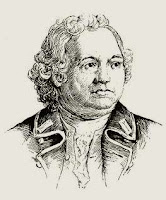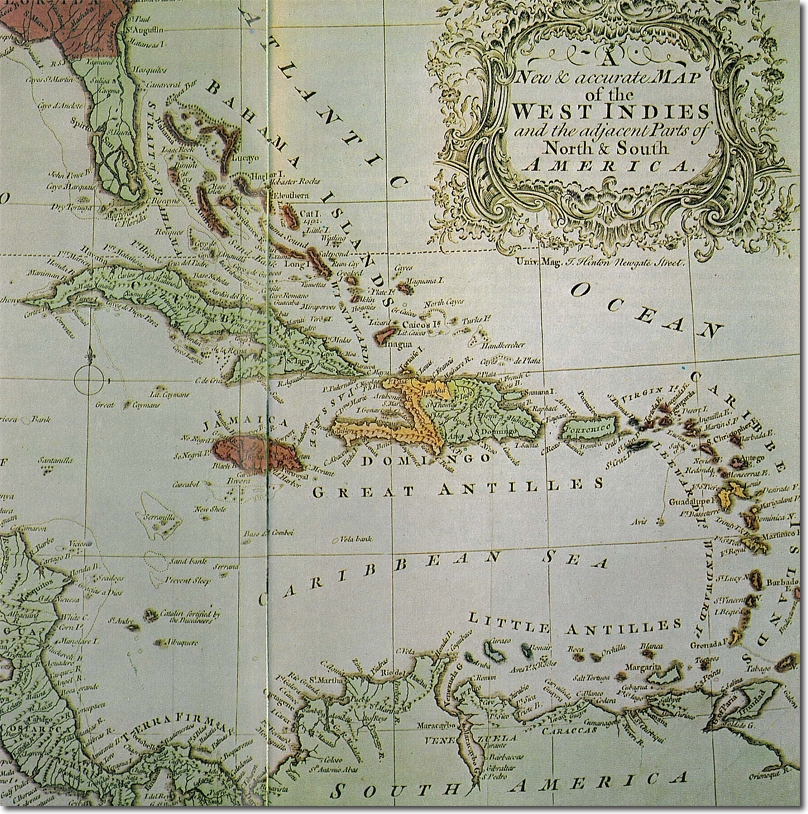“Genl. Putnams fame ran so high”
 Another consequence of the Battle of Chelsea Creek was that it raised the profile of Israel Putnam (1718—1790).
Another consequence of the Battle of Chelsea Creek was that it raised the profile of Israel Putnam (1718—1790).
Putnam was already well known in North America. He’d fought for several years in past wars. He served in Maj. Robert Rogers’s rangers, on the Crown’s naval expedition against Havana in 1762, and even in Pontiac’s War.
People also passed around a story of Putnam crawling into the den of a wolf on his farm, so his personal bravery and strength were beyond doubt.
Around the start of 1775, a Pennsylvanian wrote to London to refute the idea that the Americans would need Charles Lee to command an army. That letter said:
the colonies are not so wrapped up in Gen. Lee’s military accomplishments as to give him the preference to Col. Putnam and Col. [George] Washington,—men whose military talents and achievements have placed them at the head of American heroes. There are several hundred thousand Americans who would face any danger with these illustrious heroes to lead them.Then in early June 1775 reports of the fighting on and off Noddle’s Island reached Philadelphia. Those reports noted that Putnam, now a Connecticut general, had led the New England troops in the field. And successfully! (In fact, this was the only time Putnam would be present at a significant American victory for the rest of the war.)
Noddle’s Island was the latest news when the Continental Congress decided to adopt the New England army as the Continental Army in mid-June, appointing Washington commander-in-chief and commissioning more generals to serve under him. The Congress chose these men as major generals, in order: Artemas Ward, Lee, Philip Schuyler, and Putnam. Nine more men were given the rank of brigadier general.
As Connecticut delegate Eliphalet Dyer wrote, “Genl. Putnams fame ran so high as Induced the Congress to give him the Preference” over other candidates for the higher rank. Indeed, Putnam was the only general besides Washington whom the Congress elected unanimously.
Unfortunately, the Connecticut legislature had appointed its generals in this order: David Wooster, Joseph Spencer, and then Putnam. Spencer was on the lines in Massachusetts, thinking he had seniority over Putnam.
On 23 June, Roger Sherman told Wooster that he’d tried to convince his fellow delegates in Philadelphia to stick to the Connecticut ranking:
I informed them, of the arrangement made by our Assembly which I thought would be satisfactory, to have them continue in the same order; but as General Putnam’s fame was spread abroad, and especially his successful enterprise at Noddle’s Island, the account of which had just arrived, it gave him the preference in the opinion of the Delegates in general, so that his appointment was unanimous among the colonies.Wooster was assigned to the Canada campaign under Schuyler, so he wouldn’t be serving under Putnam. Spencer, on the other hand, faced the prospect of taking orders from a man he’d just outranked. On 10 July, Washington wrote to the Congress:
General Spencer was so much disgusted at the Preference given to General Puttnam, that he left the Army without visiting me, or making known his Intentions in any Respect.TOMORROW: Rank feelings.





